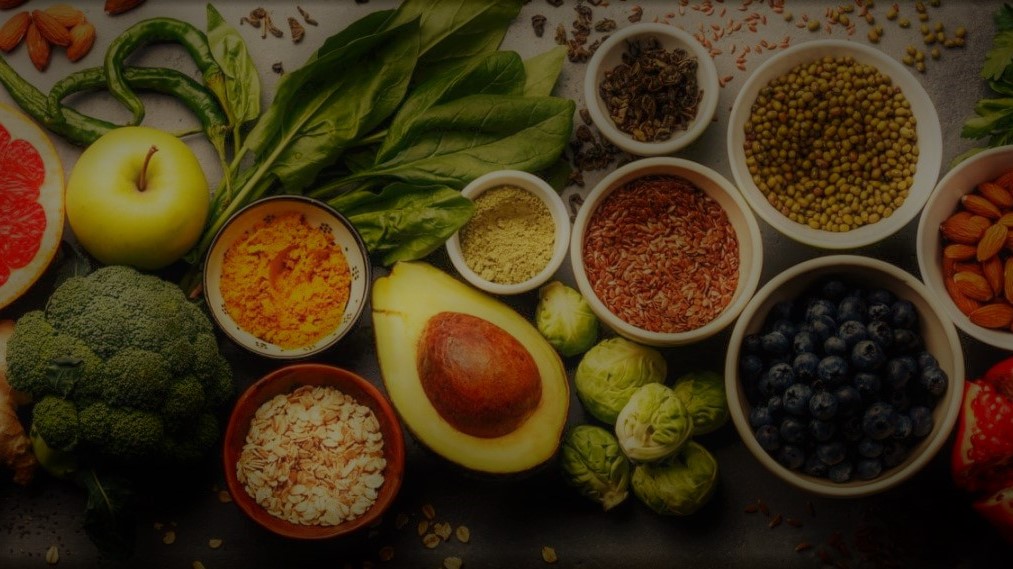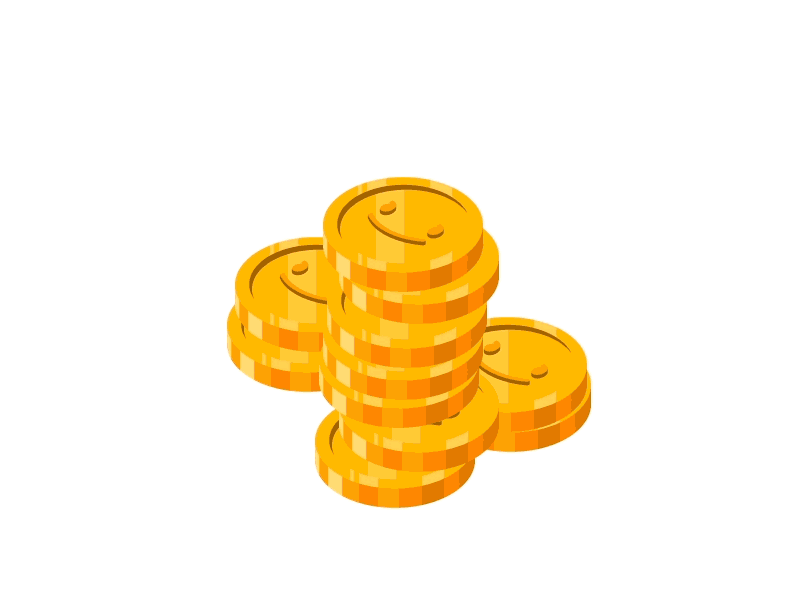
VEGAN
Foods to eat
Health-conscious vegans substitute animal products with plant-based replacements, such as:
| Tofu, tempeh and seitan: | These provide a versatile protein-rich alternative to meat, fish, poultry and eggs in many recipes. |
| Legumes: | Foods such as beans, lentils and peas are excellent sources of many nutrients and beneficial plant compounds. Sprouting, fermenting and proper cooking can increase nutrient absorption. |
| Nuts and nut butters: | Especially unblanched and unroasted varieties, which are good sources of iron, fiber, magnesium, zinc, selenium and vitamin E. |
| Calcium-fortified plant milks and yogurts: | heavy cream, hard cheese, butter, etcThese help vegans achieve their recommended dietary calcium intakes. Opt for varieties also fortified with vitamins B12 and D whenever possible. |
| Whole grains, cereals and pseudocereals: | These are a great source of complex carbs, fiber, iron, B-vitamins and several minerals. Spelt, teff, amaranth and quinoa are especially high-protein options. |
Foods to avoid
Vegans avoid eating any animal foods, as well as any foods containing ingredients derived from animals. These include:
| Meat and poultry: | Beef, lamb, pork, veal, horse, organ meat, wild meat, chicken, turkey, goose, duck, quail, etc. |
| Fish and seafood: | All types of fish, anchovies, shrimp, squid, scallops, calamari, mussels, crab, lobster, etc. |
| Dairy: | Milk, yogurt, cheese, butter, cream, ice cream, etc. |
| Bee products: | Honey, bee pollen, royal jelly, etc. |
| Animal-based ingredients: | Whey, casein, lactose, egg white albumen, gelatin, cochineal or carmine, isinglass, shellac, L-cysteine, animal-derived vitamin D3 and fish-derived omega-3 fatty acids. |
What is a Vegan Diet?
Veganism is defined as a way of living that attempts to exclude all forms of animal exploitation and cruelty, whether for food, clothing or any other purpose.
For these reasons, the vegan diet is devoid of all animal products, including meat, eggs and dairy.
People choose to follow a vegan diet for various reasons.
These usually range from ethics to environmental concerns, but they can also stem from a desire to improve health.
Different Types of Vegan Diets
Whole-food vegan diet: A diet based on a wide variety of whole plant foods such as fruits, vegetables, whole grains, legumes, nuts and seeds.
Raw-food vegan diet: A vegan diet based on raw fruits, vegetables, nuts, seeds or plant foods cooked at temperatures below 118 degrees F (48 degrees C).
80/10/10: The 80/10/10 diet is a raw-food vegan diet that limits fat-rich plants such as nuts and avocados and relies mainly on raw fruits and soft greens instead. Also referred to as the low-fat, raw-food vegan diet or fruitarian diet.
The starch solution: A low-fat, high-carb vegan diet similar to the 80/10/10 but that focuses on cooked starches like potatoes, rice and corn instead of fruit.
Raw till 4: A low-fat vegan diet inspired by the 80/10/10 and starch solution. Raw foods are consumed until 4 p.m., with the option of a cooked plant-based meal for dinner.
The thrive diet: The thrive diet is a raw-food vegan diet. Followers eat plant-based, whole foods that are raw or minimally cooked at low temperatures.
Junk-food vegan diet: A vegan diet lacking in whole plant foods that relies heavily on mock meats and cheeses, fries, vegan desserts and other heavily processed vegan foods.
Supplements to Consider
Some vegans may find it difficult to eat enough of the nutrient-rich or fortified foods above to meet their daily requirements.
In this case, the following supplements can be particularly beneficial:
| Vitamin B12: | Vitamin B12 in cyanocobalamin form is the most studied and seems to work well for most people. |
| Vitamin D: | Opt for D2 or vegan D3 forms such as those manufactured by Nordic Naturals or Viridian. |
| EPA and DHA: | Sourced from algae oil. |
| Iron: | Should only be supplemented in the case of a documented deficiency. Ingesting too much iron from supplements can cause health complications and prevent the absorption of other nutrients. |
| Iodine: | Take a supplement or add 1/2 teaspoon of iodized salt to your diet daily. |
| Calcium: | Calcium is best absorbed when taken in doses of 500 mg or less at a time. Taking calcium at the same time as iron or zinc supplements may reduce their absorption. |
| Zinc: | Taken in zinc gluconate or zinc citrate forms. Not to be taken at the same time as calcium supplements. |
Sample menu
Here's a sample menu for the Vegan Diet: (click the button to view menu)
